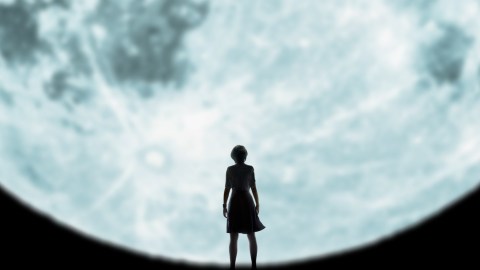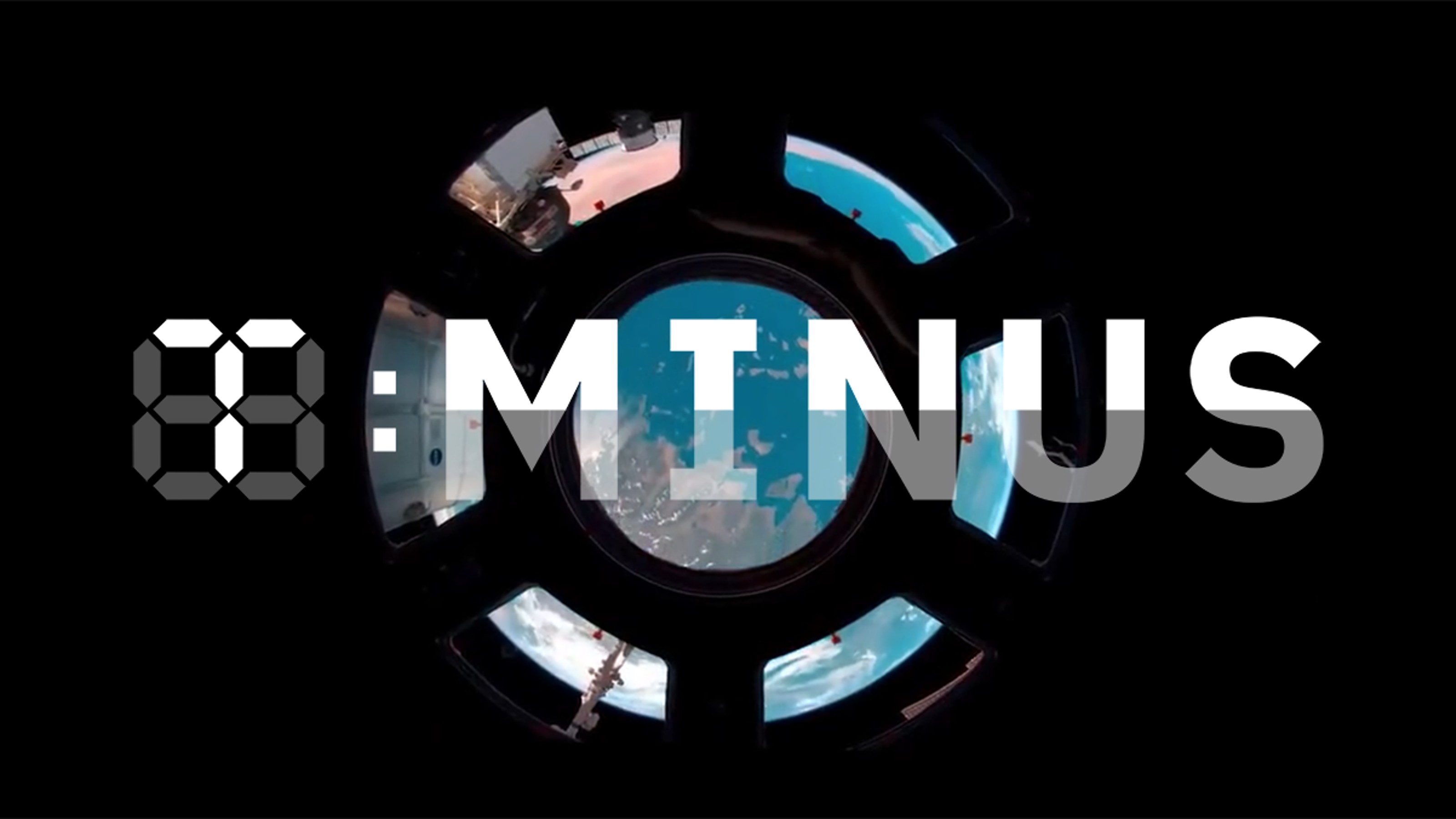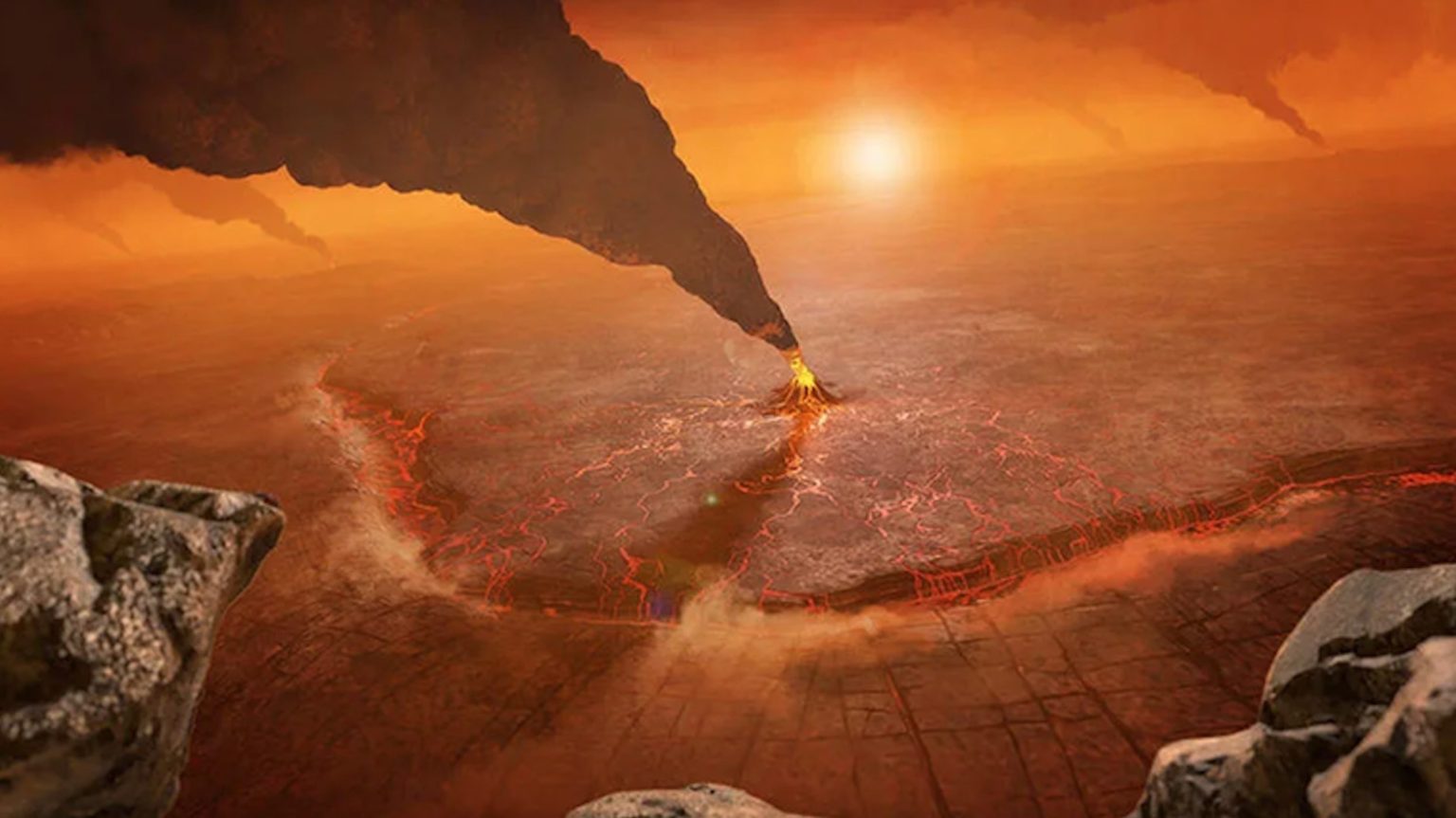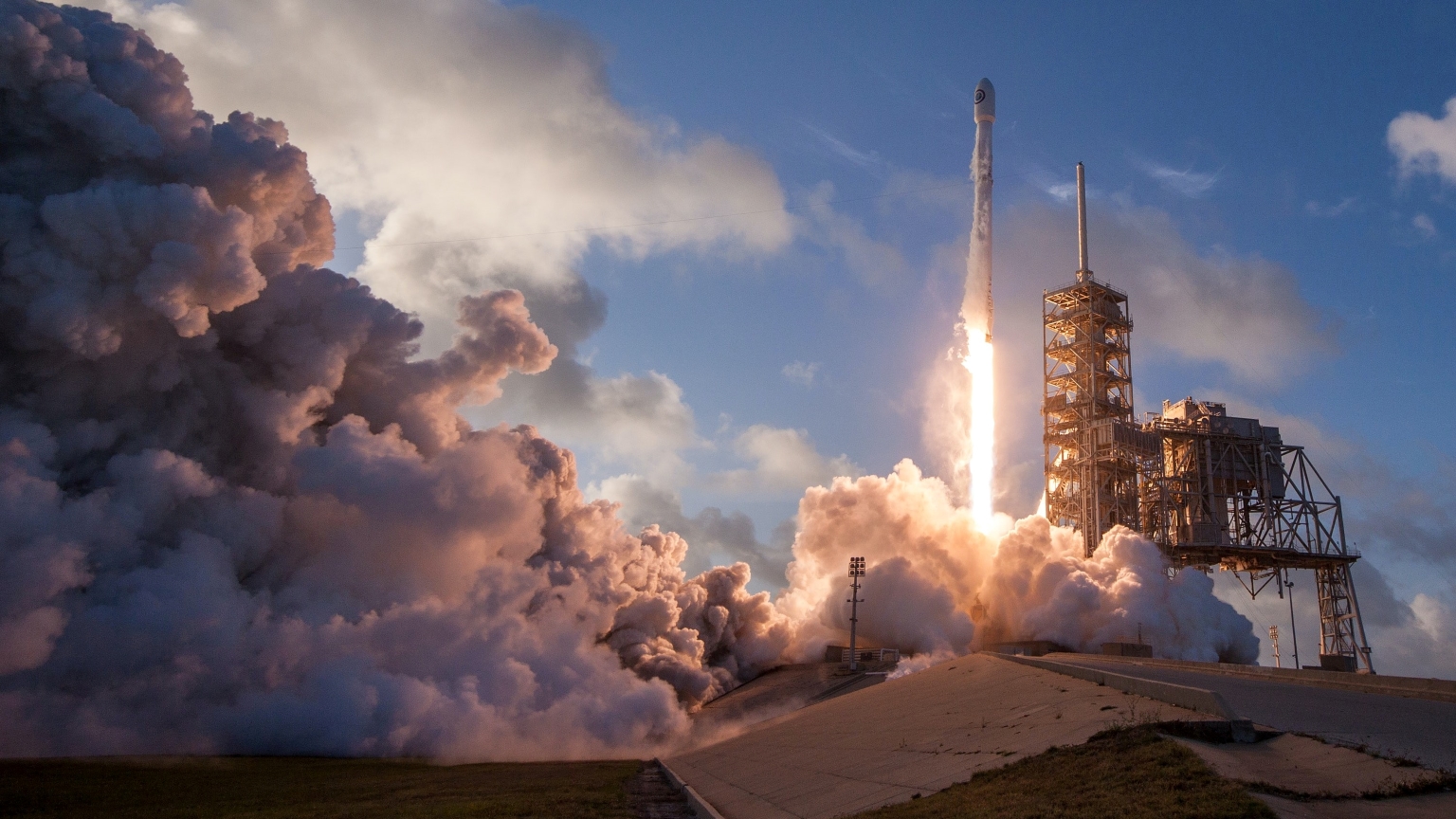Spaced out

The trailer for the newly released Fox Searchlight movie Lucy in the Sky entices viewers with the potential to explore some of life’s biggest questions about both inner and outer space, but instead transforms itself into a cable TV style docudrama about obsessive love triangles.
The movie, directed by author and producer Noah Hawley, opens with a scene of the protagonist, Lucy (played by Natalie Portman), peacefully floating in a spacesuit outside the International Space Station, leisurely enjoying a breathtaking view of her home planet at night. The space geek in me immediately puts on her astronaut-training-aerospace-engineer-technical-movie-critic hat (yes, I just made that a thing) before I realize it is not that kind of space movie. The plot starts with the premise that once you have experienced the view from space, things back on earth become pale in both size and significance.
After she returns from her flight, Lucy is invited to join the “Club,” the relatively small circle of astronauts who have already been in space. Rather predictably, she soon decides that her husband no longer understands her, and starts an affair with a fellow spacefarer, whose take on the mind-blowing experience of spaceflight is that everything is meaningless so you might just as well get drunk and have sex with whomever you please. (The film is appropriately rated “R” because of this.) The cultural implication seems to be that extramarital affairs are acceptable, because the members of this elite club are either above (no pun intended) the rest of humanity’s moral code, misunderstood victims of their spouses’ lack of empathy, or some unfathomable combination of both.
Missed opportunity
While much could be made of the paradigm-shifting power of spaceflight over one’s perspective on all manner of existential topics (such as life, time, God, the world, humanity, our significance, the vastness of universe, etc.), Lucy does not really take us there. I was hoping it might, since a frequent reaction to seeing the earth from space is reported as one of awe, wonder and compassion, rather than reductionistic meaninglessness.
In fact, many astronauts come back from space profoundly changed by what is known as “the overview effect” (a term coined by author Frank White in his book of the same title). It is the observation and simultaneous understanding that planet Earth, frequently described as a blue marble suspended in a black void, is a real but fragile harbor for life in the vastness of space, so we all had best ignore our borders and our petty differences and get along with each other and take care of it as the unique gift that it is. Of course, these thoughts often lead to further pondering of the orderliness and composition, as well as the history and origins, of the Earth and the universe, along with the other previously mentioned existential topics.
But this movie is not so much about the mind-altering experience of spaceflight or the meaning of life as it is about nature versus nurture, and the dangers of becoming obsessive-compulsive whether via one’s genes, one’s environment, or as in Lucy’s case, very likely a combination of both. Time after time her grandmother asserts the importance, or rather the necessity, of hard work, especially for women. One scene shows Lucy doggedly determined to complete an underwater simulation task in record time, holding her breath for more than two minutes as water fills her helmet due to a leak in her spacesuit.
This is definitely one of those stories in which truth is stranger than fiction, because no one would believe that someone as mentally unstable as Lucy could actually manage to get through all of NASA’s astronaut selection evaluations, tests, and interviews if it had not really happened as it did in the case of Lisa Nowak. On the other hand, it does put a fine point on the broader question of mental balance. All of NASA’s astronauts are highly accomplished, and a commonly shared characteristic of highly accomplished people (regardless of career choice) is strong motivation and an iron clad will to succeed. The descriptors “driven” and “Type A” come to mind. Most successful (and sane) people possess the moral compass and good judgment to know how and when to reign in their drive when something more important is at stake, such as life, limb, or simply the law.
When steely determination crosses the line to “success at any cost,” then Houston, we really do have a problem.
The post Spaced Out appeared first on ORBITER.





